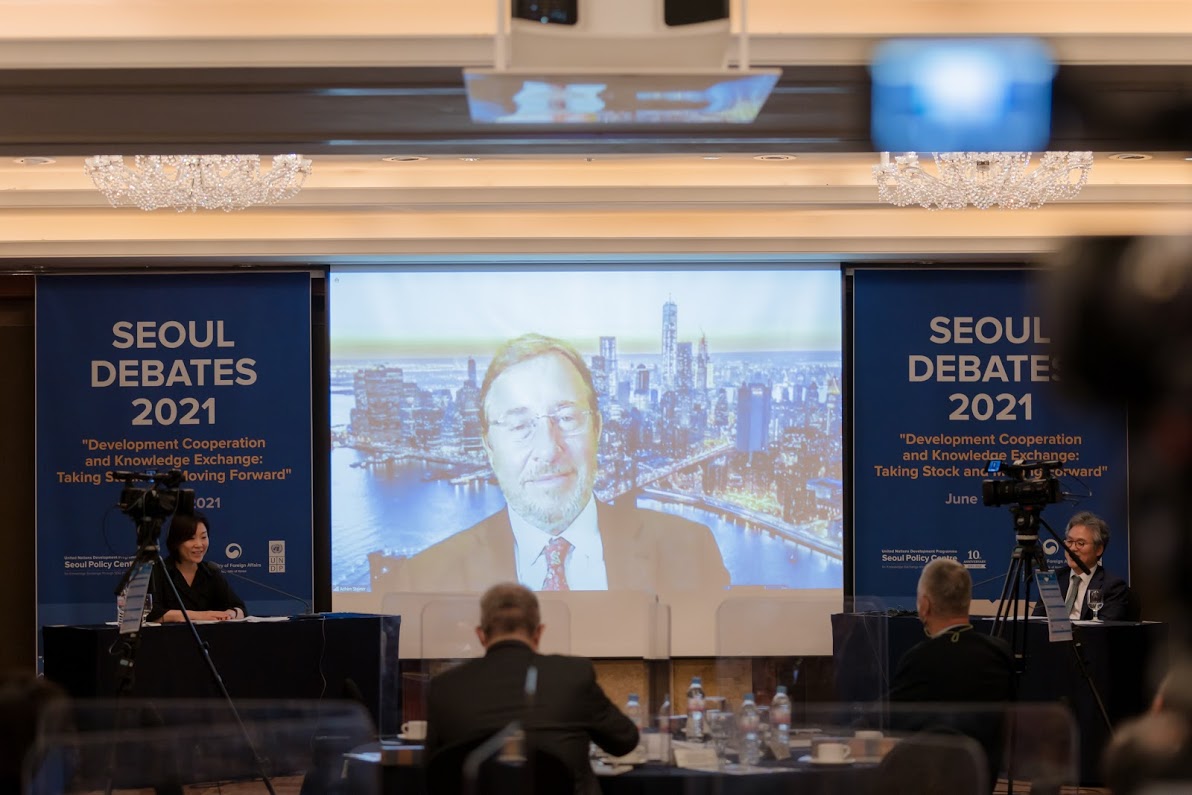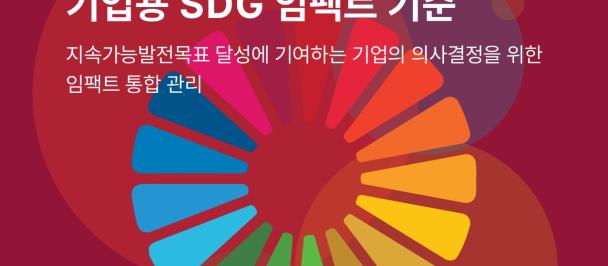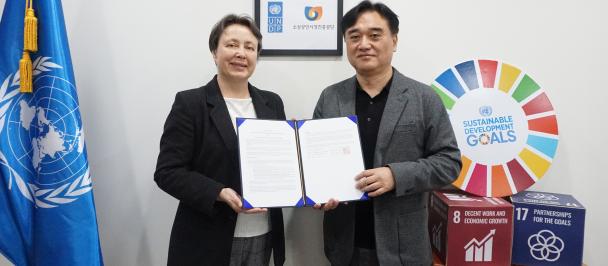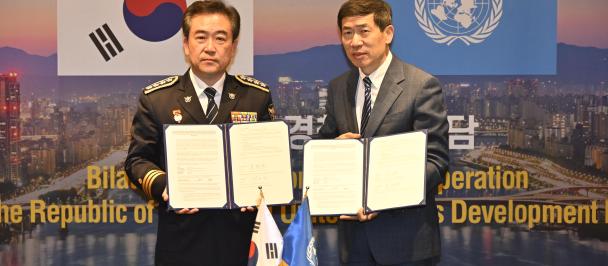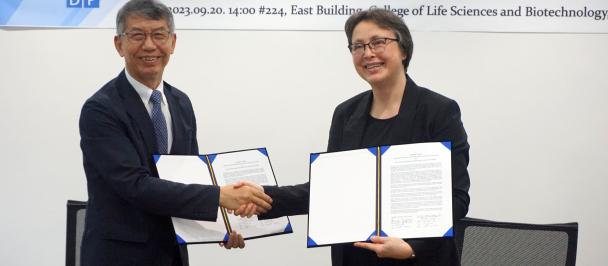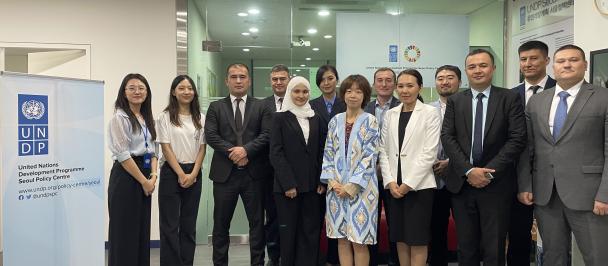View the recording in English and Korean.
Read the Synthesis Report
Seoul, 15 June, 2021 - The international architecture of development cooperation is changing rapidly. It is no longer led by the traditional Official Development Assistance (ODA) approaches, but increasingly incorporates the contributions of various emerging actors such as south-south cooperation providers and the private sector. Increasingly, development cooperation is operating in a highly dynamic context of uncertainty and complexities such as the current pandemic and climate change.
The United Nations Development Programme (UNDP)’s Policy Centre in Seoul today co-hosted, with the Ministry of Foreign Affairs of the Republic of Korea (RoK), its signature ‘Seoul Debates’ discussion on the topic of ‘Development Cooperation and Knowledge Exchange: Taking Stock and Moving Forward’. The biennial Seoul Debates is a global platform for dialogue and collaboration on select development topics based on lessons learned from the experiences of RoK and its partner countries. This year’s edition is the fourth installment since it was first held in 2013. The previous years’ Seoul Debates themes included the challenges of middle-income countries, and lessons learned on anti-corruption and gender-based violence (GBV) from RoK and around the world.
The Seoul Debates this year commemorates the ten-year anniversary of the UNDP Seoul Policy Centre which has been at the center of sharing knowledge for development based on RoK’s own development experiences. The Centre was established in 2011 when UNDP closed its Country Office presence in the RoK after almost five decades following the country’s successful transition to a developed economy and contributor of ODA, with the mandate to facilitate knowledge exchange through partnerships for the achievement of the Sustainable Development Goals (SDGs).
“We are very proud to facilitate knowledge sharing of Korean development experiences through the UNDP Seoul Policy Centre.” said Achim Steiner, Administrator of UNDP, who engaged in a high-level policy dialogue on ‘development cooperation in times of global turmoil’ with Hyuk-Sang Sohn, President of the Korea International Cooperation Agency (KOICA). “We cannot address our current development challenges with the old toolkit. The need to reform our approaches applies to all policy fields and it includes development cooperation. Governments around the world require significant transformations, but so do development agencies,” he added. The session was moderated by Ambassador Youngju Oh, President of the Institute of Foreign Affairs and National Security of the Republic of Korea.
“Knowledge sharing has been a top priority in Korea’s development cooperation, and we have shared our experiences and know-how in tackling the COVID-19 pandemic with over 120 countries,” said Sang-wook Ham, Deputy Minister for Multilateral and Global Affairs of the Korean Ministry of Foreign Affairs, in his opening remarks. “Due to the pandemic, development cooperation not only in financial terms, but also in the form of knowledge exchange is becoming ever more valuable. The UNDP Seoul Policy Centre has been sharing Korean experiences with the international communities over the last ten years,” he added.
The ensuing panel discussions brought together representatives from UNDP, the Asian Development Bank, Seoul National University, Hansung University, the Tata Institute of Social Sciences, the Embassy of Rwanda to the RoK, and Bangladesh’s Economic Relations Division, to share ideas, experiences, innovative examples and suggestions on ways forward with regard to knowledge exchange in the changing context of development cooperation. The event concluded with illustrations from partners on their interactions with UNDP Seoul Policy Centre’s SDG Partnership on Development Cooperation, a programme which provides capacity building support to countries aiming to overcome their challenges in development cooperation based on Korean experiences in this area.
This year’s edition of the Seoul Debates brought together around 200 participants representing the government, academia, research institutions, civil society, international organizations, private sector and student community who joined the discussions both virtually and in person due to COVID-19 restrictions.

 Locations
Locations